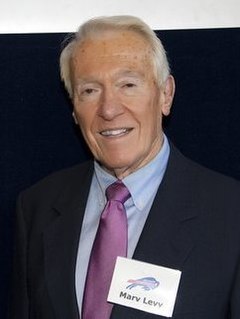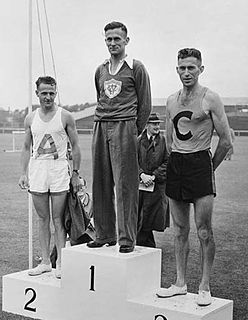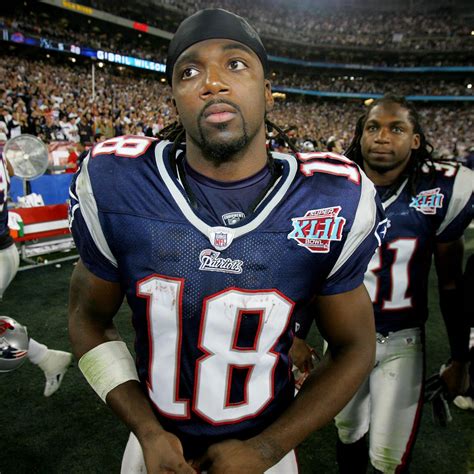A Quote by Greg Kinnear
You learn more about a person from the people around that person than you do from the person themselves. We all have our own ideas of who we are that may or may not be justified, and you can really find out a heck of a lot more accurately from the people around an individual.
Related Quotes
Education is power, it changes your whole life, it can create a life for yourself. So the more educated you are, the more you learn about what you care about, you become a more caring person. And if you can speak about what you care about to a person you disagree with, without denigrating or insulting them, then you may actually be heard. And you may even change their mind, or they may change yours.
A lot of life is about how you feel relating to dealing with this person or that person. If this person makes you feel good, then they're a person to be around; if they don't, they're not. Being in a band is different. The group is the more important part, and you have to kind of shift the way you look at life when you're in a group of people that you work with.
When men sit around and talk, they are very competitive. One person will tell an anecdote and the next person will try to top that. When you get six women together, they share a lot more. They will be far more interested in what the other person has to say. The conservation is more interactive and less about individually showing off.
I don't think I'm a witty person. To me, a witty person is a funny person who is also a smart person. My friend David Rakoff, who died a few years ago, he was a witty person. Fran Lebowitz is a witty person. I don't think there are that many witty people around, so you tend to notice them when they do come around. I don't consider myself to be that.
It is ignorance that is at times incomprehensible to the wise; for instance, he may not see 'the positive person' or 'the negative person' in a black and white way as many people do. A wise man may not understand it because, as a catalyst of wisdom, but not wise in his own eyes, even he can learn from and give back to fools. To think that an individual has absolutely nothing to offer to the table is counter-intuitively what the wise man considers to be 'the ignorance of hopelessness'.
Black people in the US are told all the time, from all aspects, that they're nothing, that they're less than. And of course that bears fruit, but no one wants to shoulder part of the blame. A lot of people here can't see around their own family's history. They don't want to see that where they come from and the people they surround themselves with might have played a role in all this. This is all part of our national myth about the individual. We think that a lack of success comes from the individual not working hard enough. A lot of people in this country really believe that.
The positive thing about collaborating is that I cannot get distracted by coding work, because I cannot waste the other collaborator's time in the same way as I can my own. And it's always good to learn how the other person works, learn about techniques, learn social things like: how do you communicate with another person? The music I make with other people I'm much more confident about, I'm a little bit less judgemental of the outcome than with my own stuff because I know it's not only me, it's a more outside of me. Sometimes I even like them better than my own tracks.
Many of us understand giving, but some of us may still be confused about the meaning of forgiveness. Some people may go through life in a groveling mode, mistakenly believing they have to receive forgiveness from others. Forgiveness offers more than a reprieve granted to us by another person. True forgiveness is a process of giving up the false for the true and allows us to rid our thinking of rigid ideas. We can develop the flexibility to change our mind and our behavior patterns to higher and greater expressions and find new avenues to freedom.
I get more gratification out of getting some obese person who had a heart attack running around and enjoying life within a year. I get more gratification from that than putting a person in the Olympic Games. The Olympic athlete probably doesn't appreciate what you've done, but the other guy does. I think it's really rewarding.
I always hear people saying, "If I can just help one person, or if I can just stop one person from doing what I did." I don't think one person is enough. I feel you can help more than one person, help as many as you can. That's something that I would like to leave as my legacy: That I helped a lot of people and made some people make better decisions after looking at the decisions I've made in my life.



































